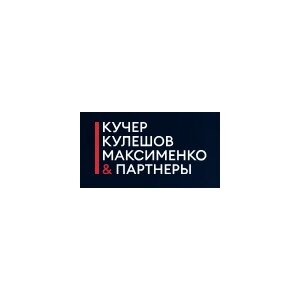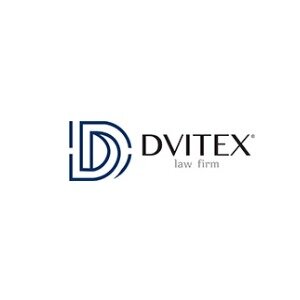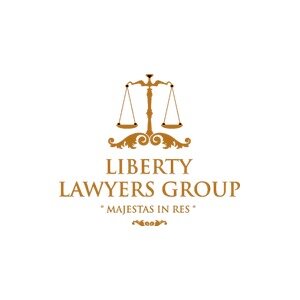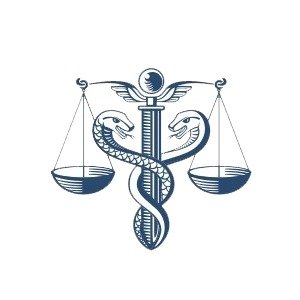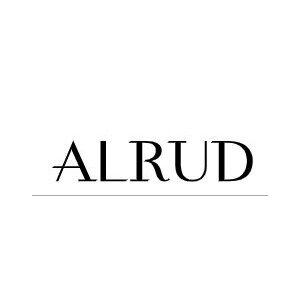Best Water Law Lawyers in Moscow
Share your needs with us, get contacted by law firms.
Free. Takes 2 min.
List of the best lawyers in Moscow, Russia
About Water Law in Moscow, Russia
Water Law in Moscow, Russia refers to the field of legal regulation concerning the use, protection, and management of water bodies and water resources within the territory of Moscow. The legislative base is primarily established by the Russian Water Code, with additional acts and municipal regulations tailored specifically to urban and regional needs. Water law addresses the allocation of water rights, environmental protection, the prevention of water pollution, and the usage of water for industrial, agricultural, and personal needs. Given Moscow's unique geography with a dense population and significant infrastructure, water law ensures that resources are used sustainably and equitably while protecting water quality and access for all residents.
Why You May Need a Lawyer
There are various scenarios in which individuals or businesses may require the help of a lawyer specializing in water law in Moscow. These may include:
- Disputes between property owners regarding water usage or access rights
- Challenges related to construction projects near rivers, lakes, or other water bodies
- Legal requirements for obtaining permits to use water for agricultural, industrial, or recreational purposes
- Issues of water pollution and environmental liability involving local authorities or private entities
- Conflicts over communal water supply and maintenance of municipal water infrastructure
- Claims against agencies or companies for damages due to flooding or mishandled wastewater
- Regulatory enforcement actions, including fines or orders to cease specific water-related activities
Engaging a lawyer with expertise in water law is essential for navigating the complex regulatory environment, defending your rights, ensuring compliance with local laws, or pursuing compensation for damages.
Local Laws Overview
The legal framework for water law in Moscow is shaped by both federal and regional legal sources. The main aspects include:
- Water Code of the Russian Federation: This central statute regulates water bodies, ownership, use rights, water protection, and accountability for damages. It distinguishes between federal, regional, and local ownership and governs all forms of water use and protection.
- City of Moscow Regulations: The municipal government issues specific rules regarding the management and use of the Moscow River and other water bodies, construction limits within protective water zones, and sanitation requirements.
- Water Use and Pollution Control: Permits are required for significant water use or discharges into public water bodies. Local authorities enforce pollution standards and may issue fines or order remediation.
- Land and Building Restrictions: There are strict limitations on building or altering land within the protected areas around water bodies to prevent contamination and maintain public access.
- Emergency and Disaster Response: Legal frameworks also address flooding, water shortages, and response measures, assigning responsibilities to local agencies and landowners.
Understanding how these federal and local provisions interact in Moscow is essential for lawful and sustainable water use.
Frequently Asked Questions
What is considered a public water body in Moscow?
Public water bodies include rivers, lakes, ponds, and reservoirs that are not privately owned and are open for general public use under the Water Code and local regulations.
Do I need a permit to use water from a river or lake?
Most significant uses, especially for commercial, industrial, or agricultural purposes, require a formal permit from local authorities or relevant federal bodies.
Can I build a structure near the Moscow River?
Construction is limited or prohibited within protected zones near water bodies. Permits and environmental assessments are usually required before proceeding.
What is the process for reporting water pollution?
Citizens can report suspected water pollution to the Moscow City Environmental Department or federal environmental protection institutions, which will investigate and take action if necessary.
Who is responsible for maintaining water quality in Moscow?
Responsibility is shared among various municipal and federal agencies, as well as property owners and businesses using water resources. Regulations specify duties and enforcement measures.
Can private wells be drilled in Moscow?
Drilling private wells is heavily regulated and usually requires a permit, with strict adherence to technical and environmental standards to protect public resources.
What can I do if my property is flooded due to poor water management?
You can seek compensation or demand remediation through local courts, potentially involving property owners, construction companies, or municipal authorities responsible for water management.
Are there restrictions on activities such as fishing or boating?
Yes, there are designated zones and specific rules for recreational and commercial activities. Special permits may be required depending on the location and type of activity.
How are disputes over water use between neighbors resolved?
Such disputes can be settled through negotiation, mediation, or, if unresolved, through legal proceedings based on evidence and applicable regulations regarding water use rights.
What penalties exist for illegal water use or pollution?
Penalties can include fines, suspension of rights or activities, and obligations to remediate damages, as imposed by courts or regulatory bodies under the Water Code and local laws.
Additional Resources
For more information or assistance related to Water Law in Moscow, consider contacting the following organizations and institutions:
- Moscow City Environmental Department
- Federal Service for Supervision of Natural Resources (Rosprirodnadzor)
- Russian Ministry of Natural Resources and Environment
- Moscow Legal Aid Centers
- Environmental NGOs working within the Moscow region
These bodies can provide guidance, application forms, information on current regulations, and details about your rights and responsibilities.
Next Steps
If you require legal assistance in the field of Water Law in Moscow, the following steps can help you move forward:
- Clearly identify your issue or question related to water use, access, or dispute
- Gather all relevant documents, permits, maps, correspondence, or photographs
- Contact a lawyer or legal aid organization experienced in environmental and water law
- Schedule an initial consultation to understand your options and responsibilities
- Follow any legal advice closely and keep records of all actions taken
- If facing urgent environmental concerns or possible violations, report your issue to the relevant local authority as soon as possible
Legal regulations in the field of water law can be complex and rigorously enforced. Professional advice not only helps to resolve disputes but also ensures that your activities comply with all legal requirements for the sustainable use and protection of Moscow’s water resources.
Lawzana helps you find the best lawyers and law firms in Moscow through a curated and pre-screened list of qualified legal professionals. Our platform offers rankings and detailed profiles of attorneys and law firms, allowing you to compare based on practice areas, including Water Law, experience, and client feedback.
Each profile includes a description of the firm's areas of practice, client reviews, team members and partners, year of establishment, spoken languages, office locations, contact information, social media presence, and any published articles or resources. Most firms on our platform speak English and are experienced in both local and international legal matters.
Get a quote from top-rated law firms in Moscow, Russia — quickly, securely, and without unnecessary hassle.
Disclaimer:
The information provided on this page is for general informational purposes only and does not constitute legal advice. While we strive to ensure the accuracy and relevance of the content, legal information may change over time, and interpretations of the law can vary. You should always consult with a qualified legal professional for advice specific to your situation.
We disclaim all liability for actions taken or not taken based on the content of this page. If you believe any information is incorrect or outdated, please contact us, and we will review and update it where appropriate.





